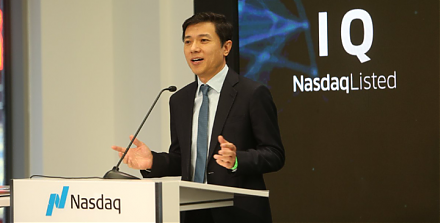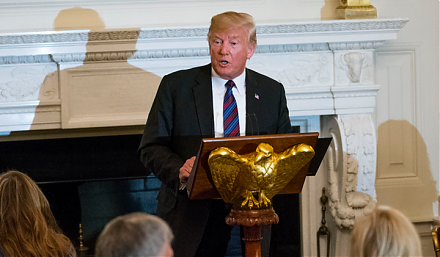

2019-08-24 14:38:00 Sat ET
stock market gold oil stock return s&p 500 asset market stabilization asset price fluctuations stocks bonds currencies commodities funds term spreads credit spreads fair value spreads asset investments
Warren Buffett warns that the current cap ratio of U.S. stock market capitalization to real GDP seems to be much higher than the long-run average benchmark. With the current cap ratio of 146.4x, U.S. stock market capitalization represents at least 146 times American national income per year. This current cap ratio exceeds the long-run average benchmark of 80x by more than 80%, and is historically second to the peak of irrational exuberance near 148.5x during the dotcom bubble back in March 2000. From 2018Q3 to 2019Q2, the S&P 500 delivers a 12-month net profit of about $135 per share, and the S&P 500 aggregate share price rises to $3000+ per share. The equivalent S&P 500 P/E ratio thus hovers in the broad range of 22x to 24x. This narrow range well exceeds the long-run average benchmark of 15x to 16x. Long-term stock market capitalization and corporate profitability should move in tandem. If these key metrics stray too far apart, it can be prohibitively expensive for U.S. public corporations to get back to balance.
From this fundamental perspective, the normal stock market forces may pull equity valuation back to the long-run average yardsticks relative to U.S. national income and corporate profitability.
If any of our AYA Analytica financial health memos (FHM), blog posts, ebooks, newsletters, and notifications etc, or any other form of online content curation, involves potential copyright concerns, please feel free to contact us at service@ayafintech.network so that we can remove relevant content in response to any such request within a reasonable time frame.
2019-07-03 11:35:00 Wednesday ET

U.S. regulatory agencies may consider broader economic issues in their antitrust probe into tech titans such as Amazon, Apple, Facebook, and Google etc. Hou
2020-02-19 14:35:00 Wednesday ET

The U.S. bank oligarchy has become bigger, more profitable, and more resistant to public regulation after the global financial crisis. Simon Johnson and
2018-11-01 08:36:00 Thursday ET

Ford and Baidu team up to test autonomous cars in China. For the next few years, Ford and Baidu plan to collaborate on the car design and user acceptance te
2018-08-25 12:33:00 Saturday ET

President Trump warns Google, Facebook, and Twitter that these tech titans now tread on troublesome territory. Specifically, Trump accuses Google of rigging
2022-05-15 10:29:00 Sunday ET

Innovative investment theory and practice Corporate investment can be in the form of real tangible investment or intangible investment. The former conce
2018-07-11 09:39:00 Wednesday ET

In recent times, the Trump administration sees the sweet state of U.S. economic expansion as of early-July 2018. The latest CNBC All-America Economic Survey